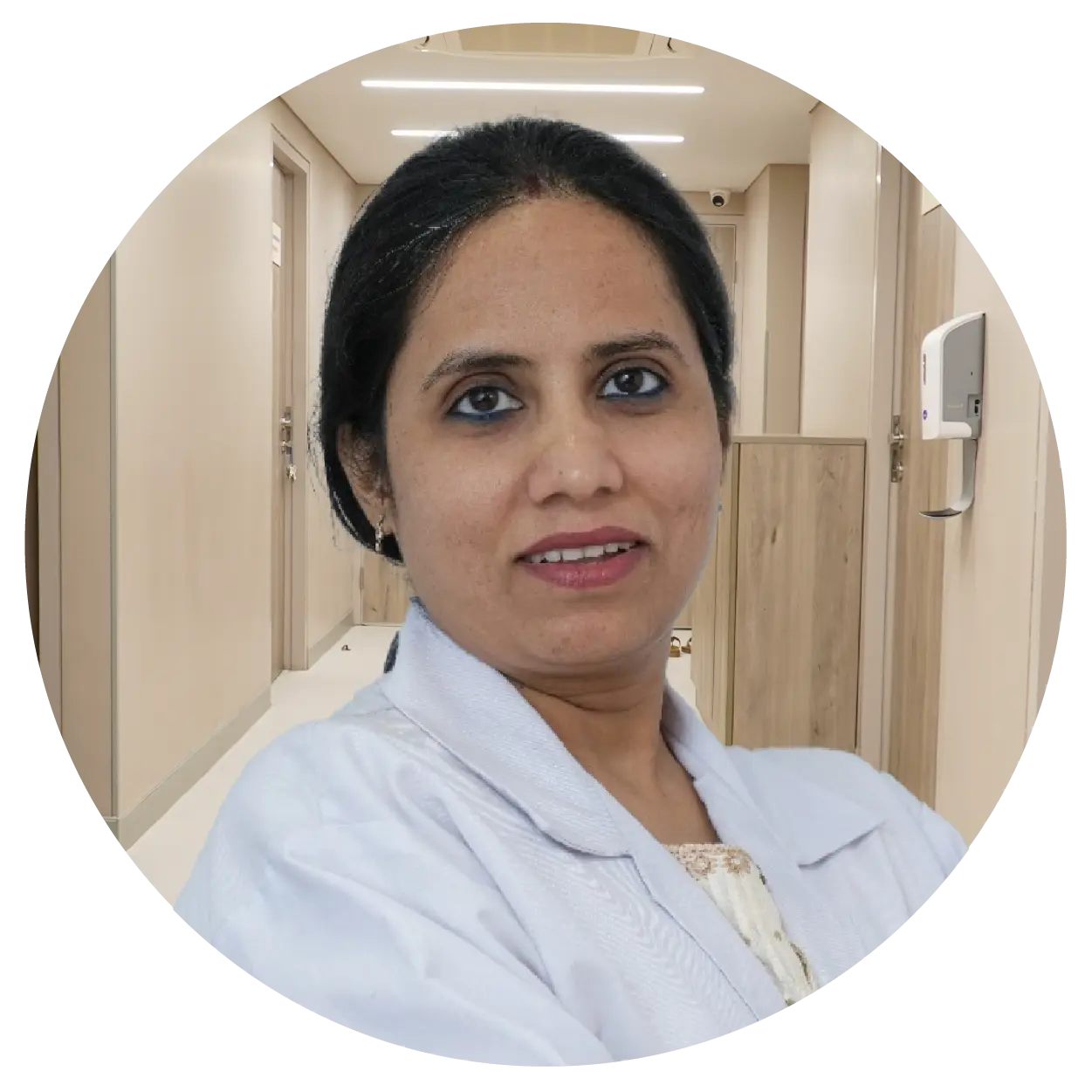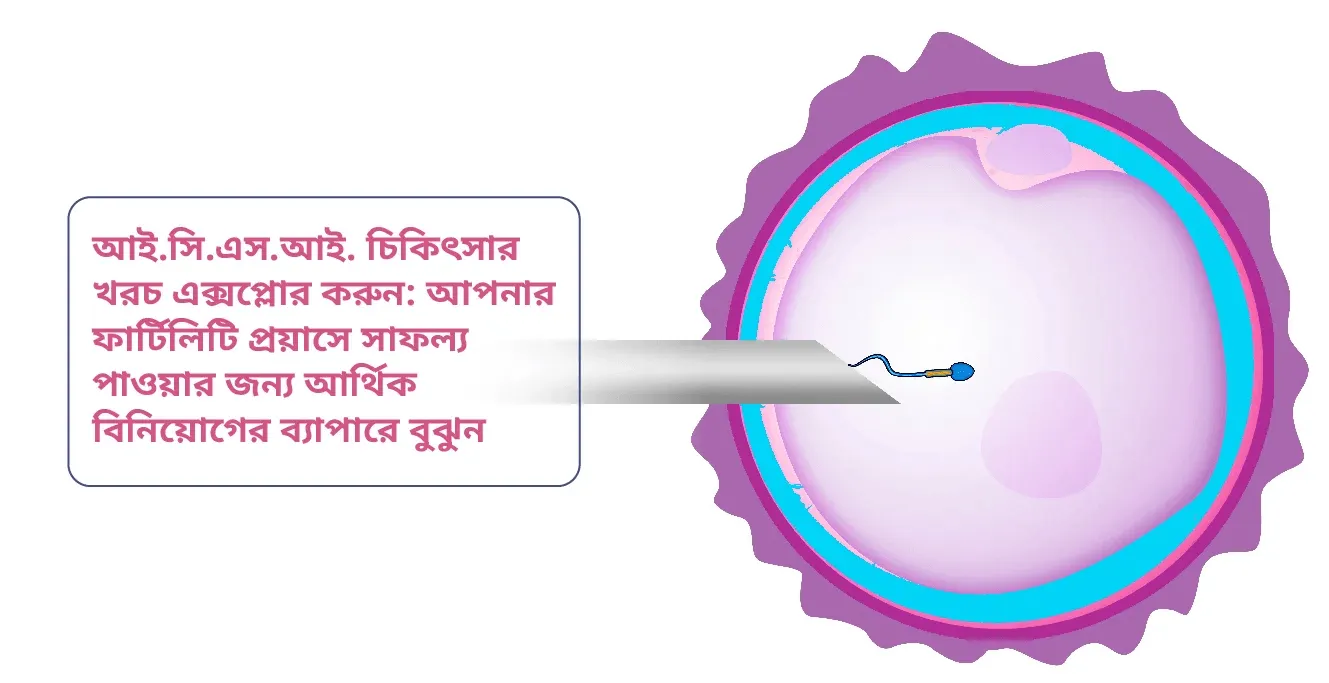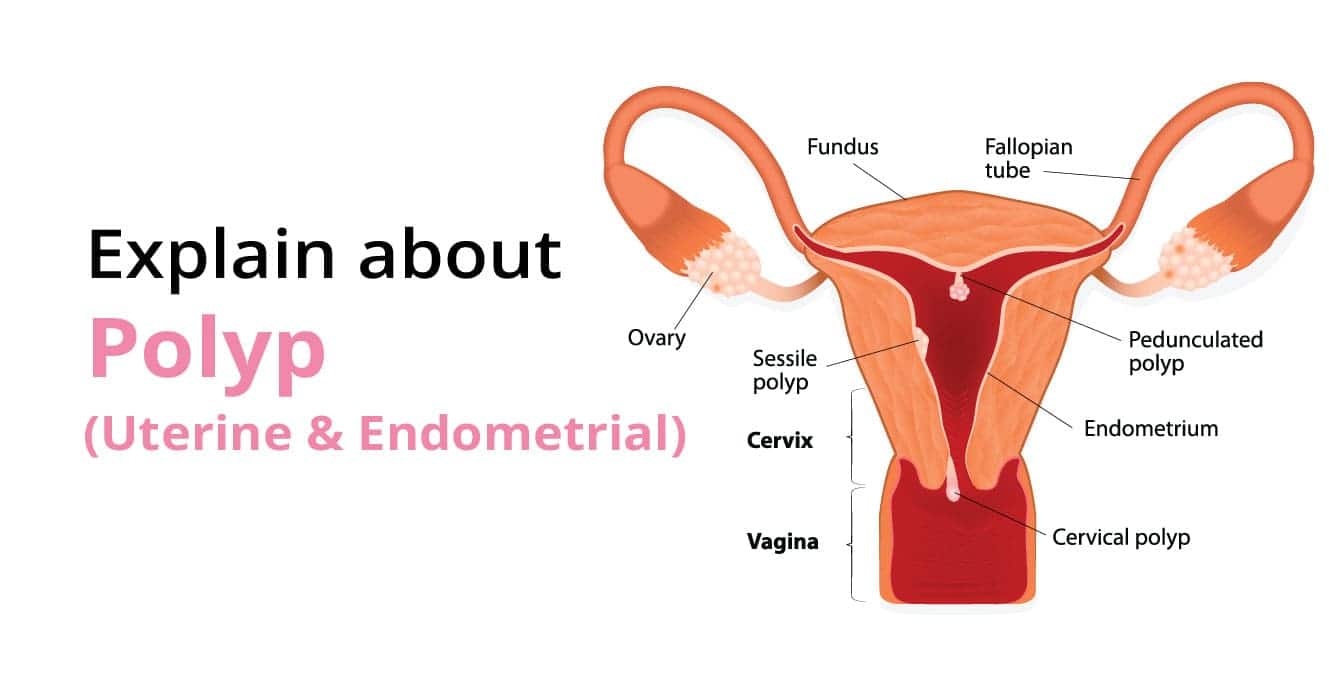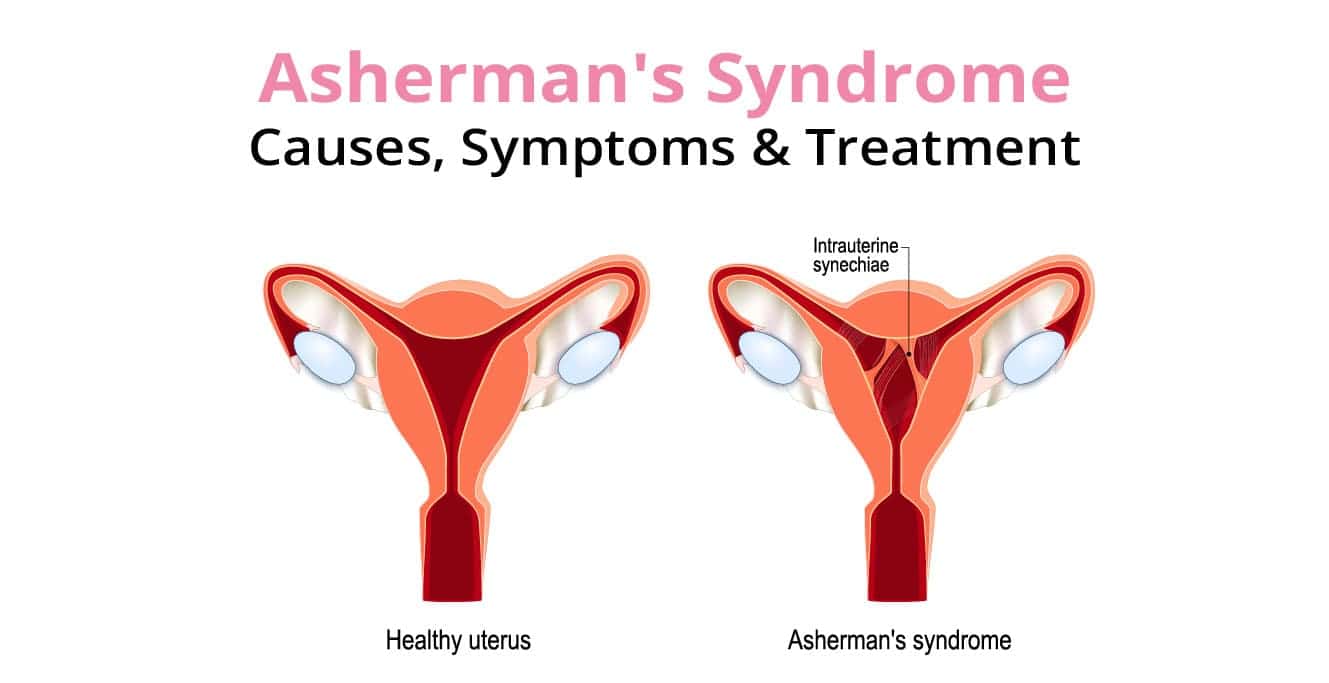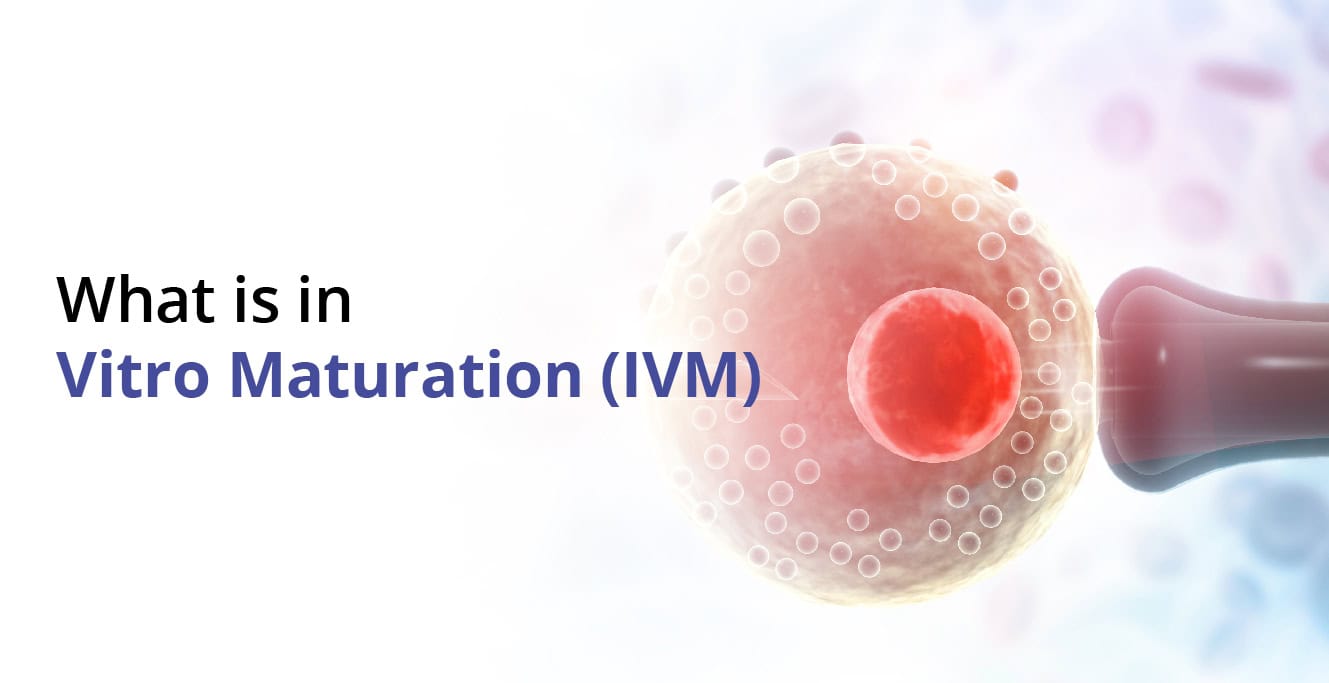Ovulation disorders: How does ovulation impact my fertility?
- Published on March 30, 2022
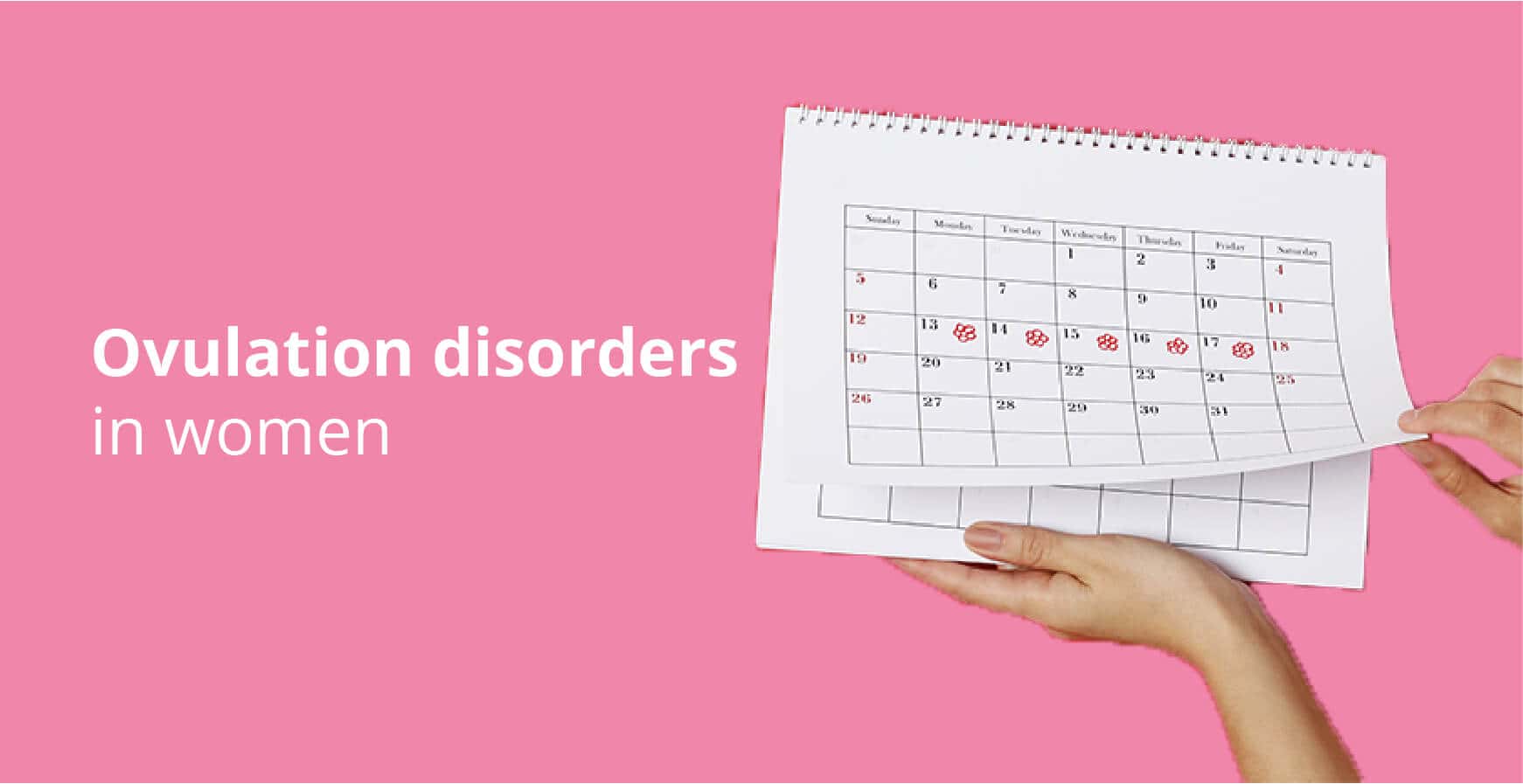
There are several strides in the journey of conception. Both men and women can experience a range of difficulties or abnormalities with any of these steps. Any one of such toils in the form of a structural or hormonal disorder can impact your reproductive health causing infertility. Today, more than 48 million couples across the world are experiencing some form of infertility issue. Nearly 25% of these infertility cases are attributed to ovulation disorders.
Despite the growing incidence of ovulation disorders, only a small number of people are aware of these conditions. In this article, with insights from Dr Muskaan Chhabra, a leading fertility specialist at Birla Fertility & IVF, we will discuss what is ovulation disorder and its varying symptoms and treatment.
Table of Contents
What is ovulation?
There are four phases of a woman’s menstrual cycle – menstruation, follicular phase, ovulation and the luteal phase.
A woman is born with nearly 1 million eggs. These tiny eggs develop in small sacs called follicles. Each month, during the follicular phase, a woman’s body releases follicle-stimulating hormone (FSH). This hormone helps your body to mature the eggs and prepare them for release. After the eggs mature, your body further releases the luteinising hormone (LH) to help trigger the release of the eggs. The release of these hormones is handled by a part of the brain called the hypothalamus.
This process of the release of the eggs from the ovary is known as ovulation. The ovulation period occurs on the 14th day of your menstrual cycle (usually at the middle of the cycle). Please note that the ovulation period differs from woman to woman.
Ovulation signs
Every woman experiences ovulation differently. There are different signs and symptoms of ovulation that you would need to notice properly. Common ovulation signs include:
- Increased vaginal discharge
- More clear and stretchy discharge
- Spotting
- Breast tenderness
- Increased sexual drive
- Increase in body temperature
- Bloating
- Cramps
What is ovulation disorder?
Ovulation disorders are a group of conditions affecting the endocrine system and in turn a woman’s ovulation period. It is a hormonal disorder causing delay or disruption in the ovulation period. It is defined by disturbances in the production of an egg during your menstrual cycle. It can cause irregular ovulation (also known as anovulation) or a complete absence of ovulation.
Ovulation disorder is among the top reasons for infertility in women.
Common ovulation disorders
Ovulation disorders may occur as a result of the following conditions:
Hypothalamic dysfunction
Hypothalamus is a gland (present in your brain) responsible for controlling and regulating your hormones system. This gland releases hormones to the pituitary gland that further sends these hormones to your organs including your ovaries. This gland may also affect your menstrual cycle.
Hypothalamic dysfunction can also cause hypothalamic amenorrhea. In this condition, your period stops for several months due to a problem with the hypothalamus gland.
This condition can be caused as a result of high cortisol levels which decreases the hypothalamus-ovary connection. A poor connection between these two can cause low hormonal levels. An absence of periods causes ovulation disorders.
Polycystic Ovarian Syndrome (PCOS)
Polycystic Ovarian Syndrome (PCOS) is a common hormonal disorder that affects women of reproductive age. It occurs in about 1 in every 5 women in India. PCOS is characterised by irregular periods, excess androgen levels and polycystic ovaries.
All the traits of PCOS can affect and dampen your ovulation. Prolonged or irregular periods can disrupt your whole menstrual cycle including ovulation. Similarly, higher levels of male reproductive hormones (androgens) can reduce the production of healthy mature eggs and thus affect ovulation. On the other hand, polycystic ovaries can cause functional disabilities by deranging the release of eggs from the ovaries.
Premature ovarian failure
Premature ovarian failure or primary ovarian insufficiency is a condition in which your ovaries stop functioning normally at an early age (before the age of 40 years). This condition can disrupt the production and release of mature eggs from your ovaries.
High levels of prolactin
Prolactin is a hormone formed by your pituitary gland. This hormone is responsible for the production of milk in your breasts during pregnancy and after childbirth. High levels of prolactin in your body reduce the secretion of FSH, thus, impeding your ovulation.
What are the symptoms of ovulation disorder?
Ovulation disorder symptoms are based on the type of condition affecting your ovulation. However, most of the above-given disorders have more or less similar signs and symptoms. Common ovulation disorder symptoms include:
- Irregular or infrequent periods
- Absence of periods
- Mood changes
- Anxiety
- Depression
- Weight changes
- Breast tenderness
- Bloating
How is ovulation disorder diagnosed?
Most of the time, ovulation disorders are diagnosed under two circumstances – when a woman seeks a health checkup or when she is struggling with conception. It is advised that women should seek timely intervention by a healthcare provider when they have troubling symptoms.
Ovulation disorders are diagnosed with the following protocols:
- History taking – Your healthcare provider will discuss your complete medical history with you with a primary focus on your menstrual health. You will be asked questions about when your last menstrual cycle, its timing, symptoms, flow and overall health. Your doctor will also consider your family history of certain diseases.
- Physical health check – Your doctor will run a thorough health check to examine your wellness. You can expect to be checked for signs of bloating and other symptoms.
- Blood test – Your healthcare provider will take a blood sample and check the levels of certain hormones and other components in your blood including the levels of testosterone and insulin.
In some cases, your doctor may also order an ultrasound scan to examine the state of your ovaries and detect the presence of cysts and track follicle development.
Check about the ovulation calculator here.
How are ovulation disorders treated?
Ovulation disorder is mostly a lifestyle disorder and hence can be effectively treated with careful modifications in your lifestyle choices. Your doctor is likely to advise the following lifestyle changes to help treat ovulation disorder:
Losing weight – Having obesity or being overweight makes you more prone to various ovulation disorders. Healthy weight management can help you in getting rid of ovulation disorder symptoms.
Avoid smoking – Smoking cigarettes leads to premature ovarian failure and depletes the age of your eggs. You should hence avoid or quit smoking if you do.
Avoiding alcohol – Excessive alcohol consumption can hamper the functioning of your ovaries. Heavy drinking can cause changes in ovulation and affect your ovarian reserve.
Exercise regularly – Physical activity is important for the regulation of hormones in your body. You should aim to exercise 30-40 minutes every day or most days of the week.
Managing stress – High levels of stress can affect the functioning of the hypothalamus gland and thereby affect ovulation. You should maintain your stress levels by journaling, meditation and other measures.
Ovulation disorder treatment measures include:
When lifestyle changes deem ineffective, you can seek the following medical treatment:
Fertility medications – Certain fertility medications are offered in the form of injections and oral medicines to stimulate your ovulation.
Ovulation disorders are a significant contributing factor for infertility. If you are experiencing any of the above-given disorders and wish to get pregnant, you can seek the help of a fertility specialist. There are various fertility treatments to help you conceive, for instance, IVF treatment, IUI treatment, ICIS and donor cycles.
The Takeaway
Ovulation is a significant step in the conception process. A disturbance in ovulation can hinder your chances of pregnancy. Ovulation disorders, hence, require timely and effective treatment.
If you are suffering from an ovulation disorder, you can seek personalised treatment from Dr. Muskaan Chhabra at Birla Fertility & IVF.
FAQs
How do you know if you have ovulation disorder?
Ovulation disorder symptoms include irregular or no periods, weight changes and mood changes.
What vitamins help egg quality?
Vitamin C and vitamin E are known to be beneficial for your eggs.
How can I force ovulation naturally?
You can induce ovulation by eating foods rich in antioxidants, avoiding trans fat, eating more fibre, exercising regularly and maintaining a healthy weight.
Related Posts
Written by:
Dr. Apeksha Sahu
Consultant
Dr. Apeksha Sahu, is a reputed fertility specialist with 12 years of experience. She excels in advanced laparoscopic surgeries and tailoring IVF protocols to address a wide range of women’s fertility care needs. Her expertise spans the management of female reproductive disorders, including infertility, fibroids, cysts, endometriosis, PCOS, alongside high-risk pregnancies and gynaecological oncology.
Ranchi, Jharkhand
Our Services
Fertility Treatments
Problems with fertility are both emotionally and medically challenging. At Birla Fertility & IVF, we focus on providing you with supportive, personalized care at every step of your journey towards becoming a parent.Male Infertility
Male factor infertility accounts for almost 40%-50% of all infertility cases. Decreased sperm function can be the result of genetic, lifestyle, medical or environmental factors. Fortunately, most causes of male factor infertility can be easily diagnosed and treated.We offer a comprehensive range of sperm retrieval procedures and treatments for couples with male factor infertility or sexual dysfunction.
Donor Services
We offer a comprehensive and supportive donor program to our patients who require donor sperm or donor eggs in their fertility treatments. We are partnered with reliable, government authorised banks to source quality assured donor samples which are carefully matched to you based on blood type and physical characteristics.Fertility Preservation
Whether you have made an active decision to delay parenthood or are about to undergo medical treatments that may affect your reproductive health, we can help you explore options to preserve your fertility for the future.Gynaecological Procedures
Some conditions that impact fertility in women such as blocked fallopian tubes, endometriosis, fibroids, and T-shaped uterus may be treatable with surgery. We offer a range of advanced laparoscopic and hysteroscopic procedures to diagnose and treat these issues.Genetics & Diagnostics
Complete range of basic and advanced fertility investigations to diagnose causes of male and female infertility, making way for personalized treatment plans.Our Blogs
To Know More
Speak to our experts and take your first steps towards parenthood. To book an appointment or to make an enquiry, please leave your details and we will get back to you.
